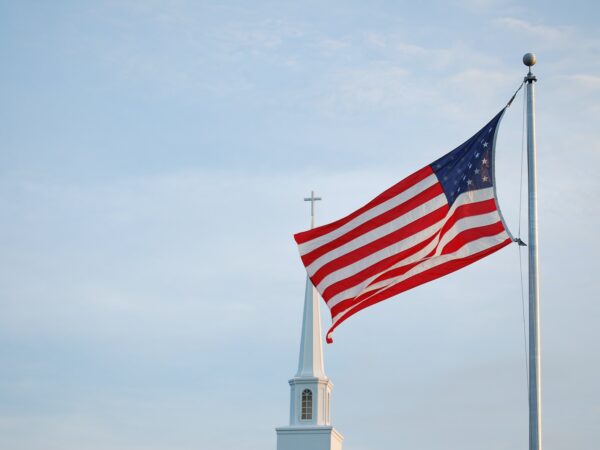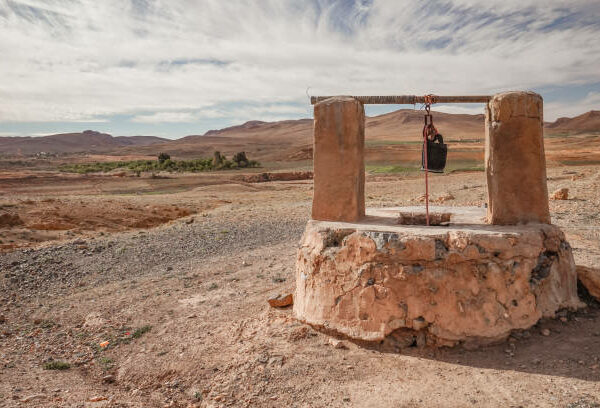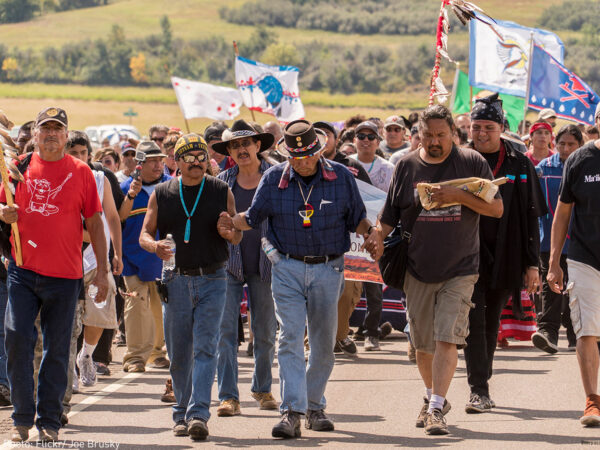
God’s call is not to engage in politics of personal power or self-service, but engage in a politics of liberation, one that ends the idolatrous hold on power so many have.

Whatever our exegesis of scripture and tradition may suggest, it is imperative that we take into account the pain and damage our religious piety causes to others. Is our perception of divine instruction sufficient justification for actual injury (physical, psychological, and/or spiritual) to our neighbors?

In the voices of the oppressed, one can listen to the voice of the divine. In this decolonial reading, one can excavate a liberative hermeneutic, which is life affirming and life nurturing. The lament of Hagar and her son Ishmael are echoed today in the voices of several people who are excluded in the society by the dominant, and the call for us today is to listen to the divine and work for a just world.

The laws at Sinai are no ball-and-chain, implementing a new form of slavery. They express the practical dimensions of life in freedom, the boundaries within which the nation can experience a life-giving form of service to the One who graciously rescued them from servitude. In short, they are revolutionary.

Contending against the dominion of sin and death requires the same wisdom and willing vulnerability that characterize Jesus. Exemplifying both of these characteristics means seeking a solidarity with the world’s plight while simultaneously refusing to assimilate to its norms of greed, selfishness, and domination.






